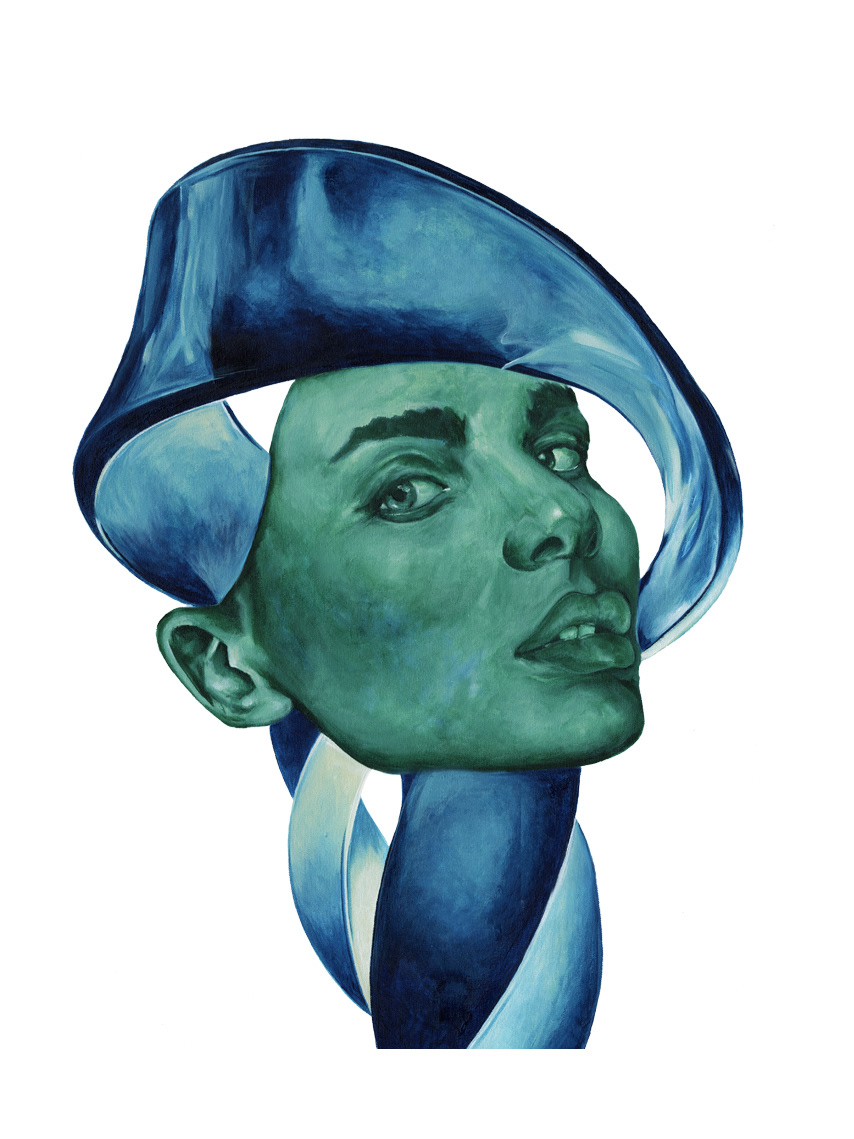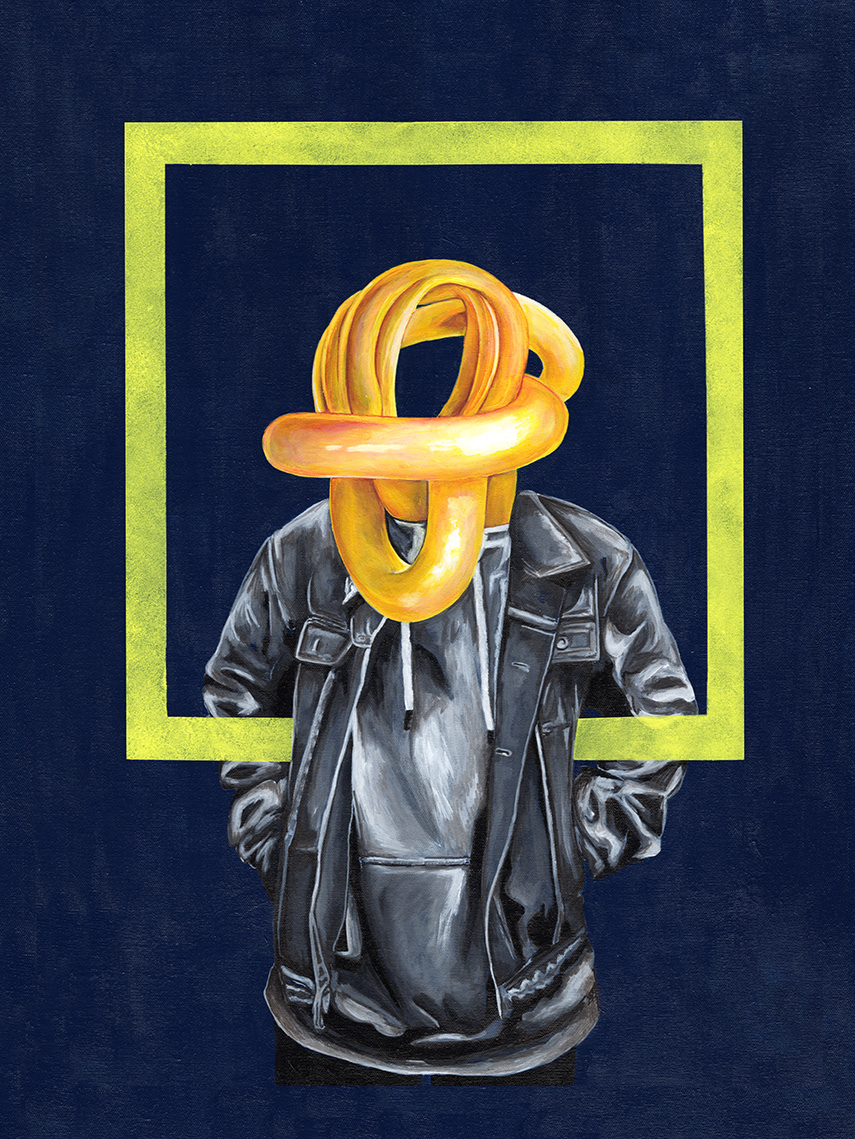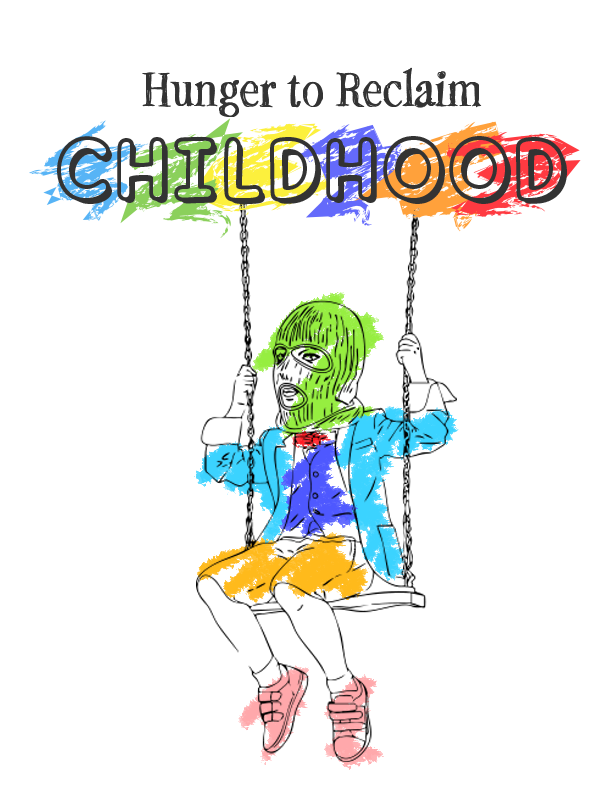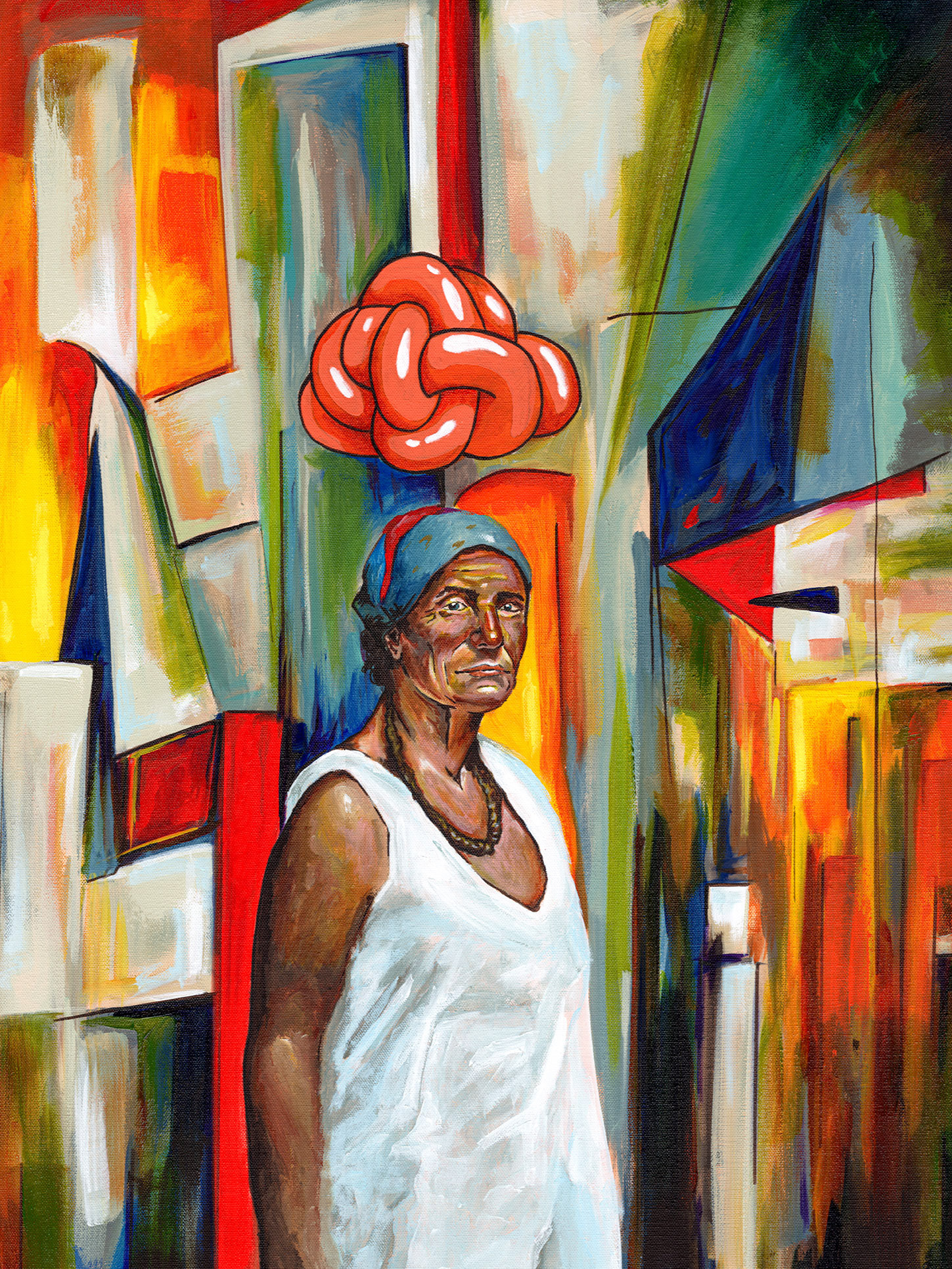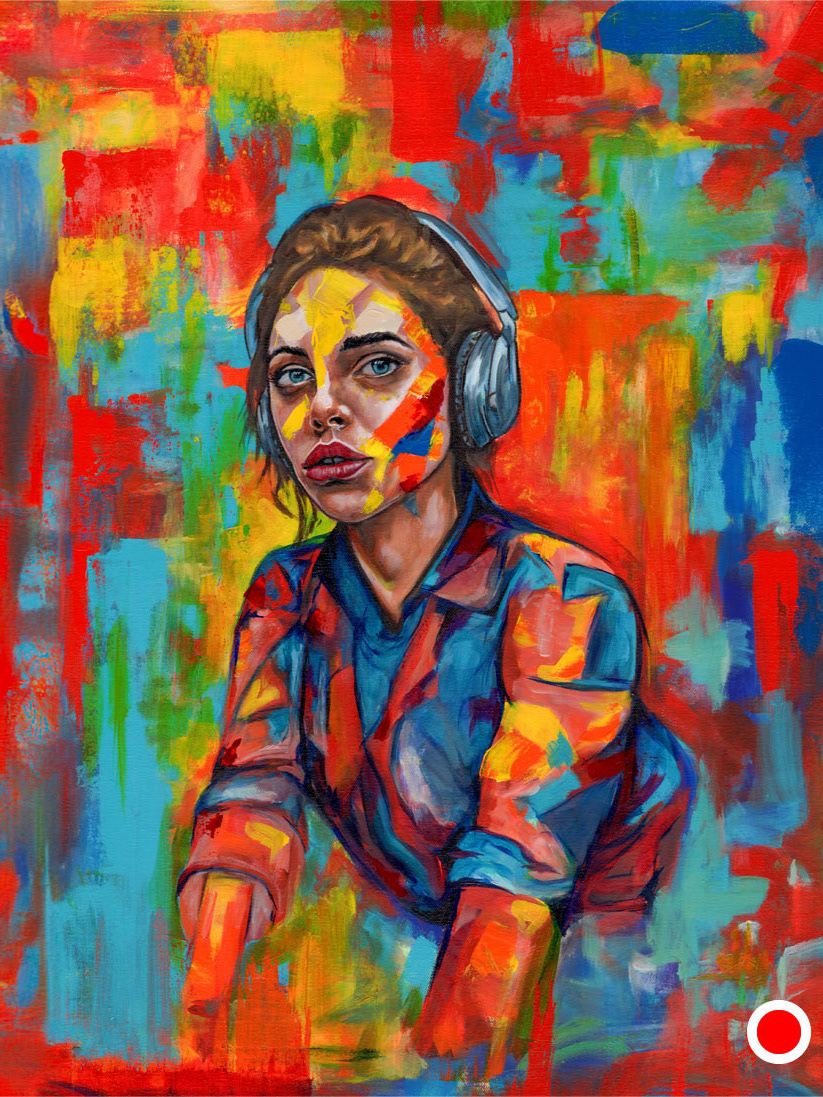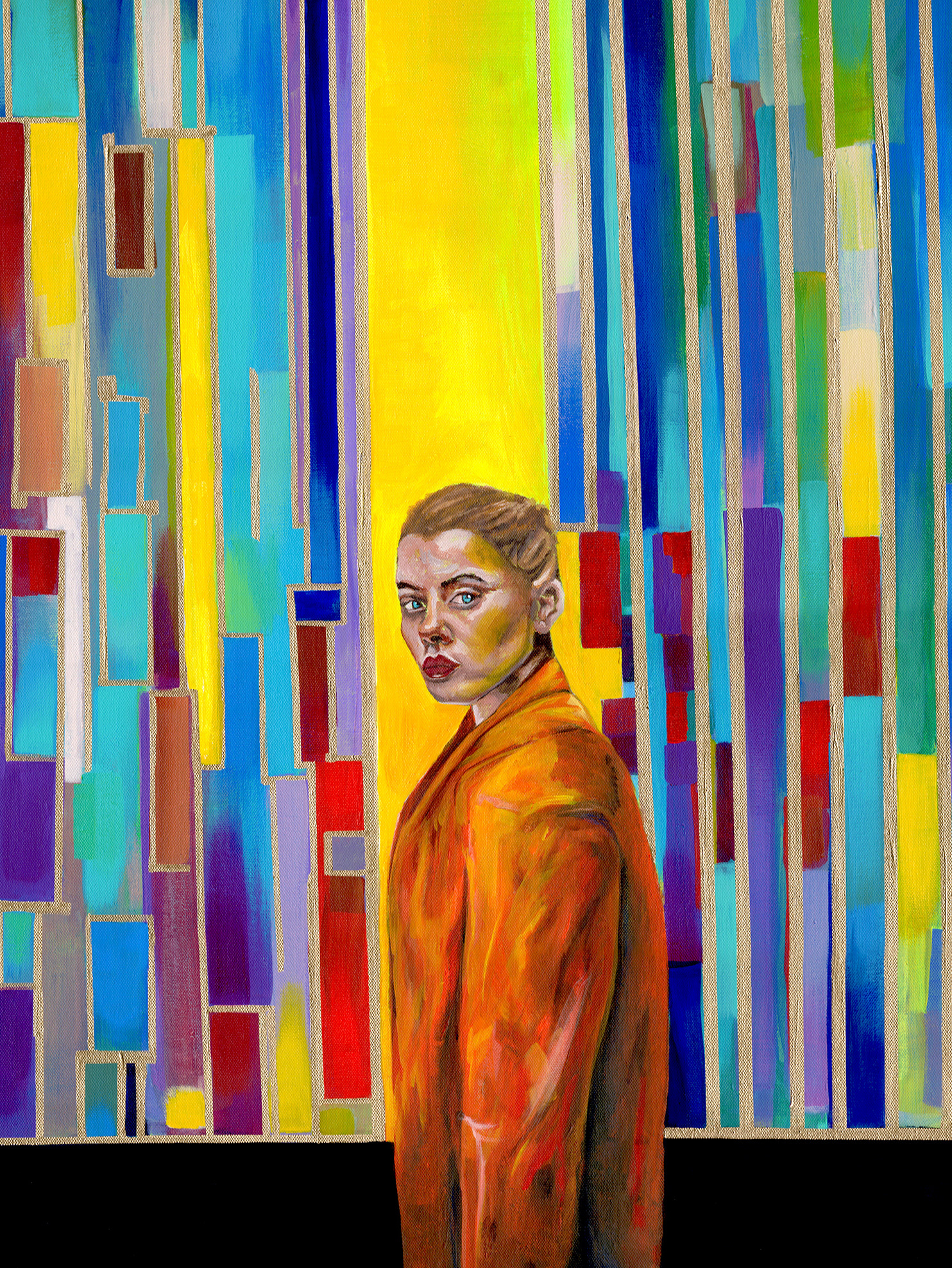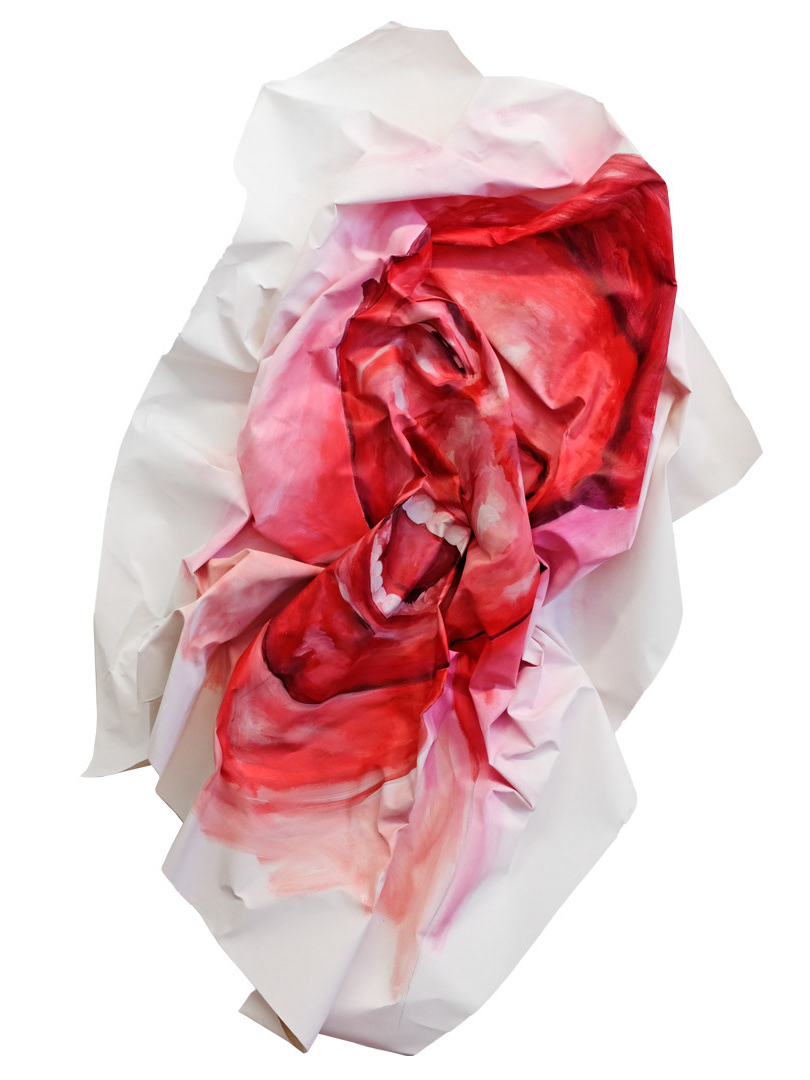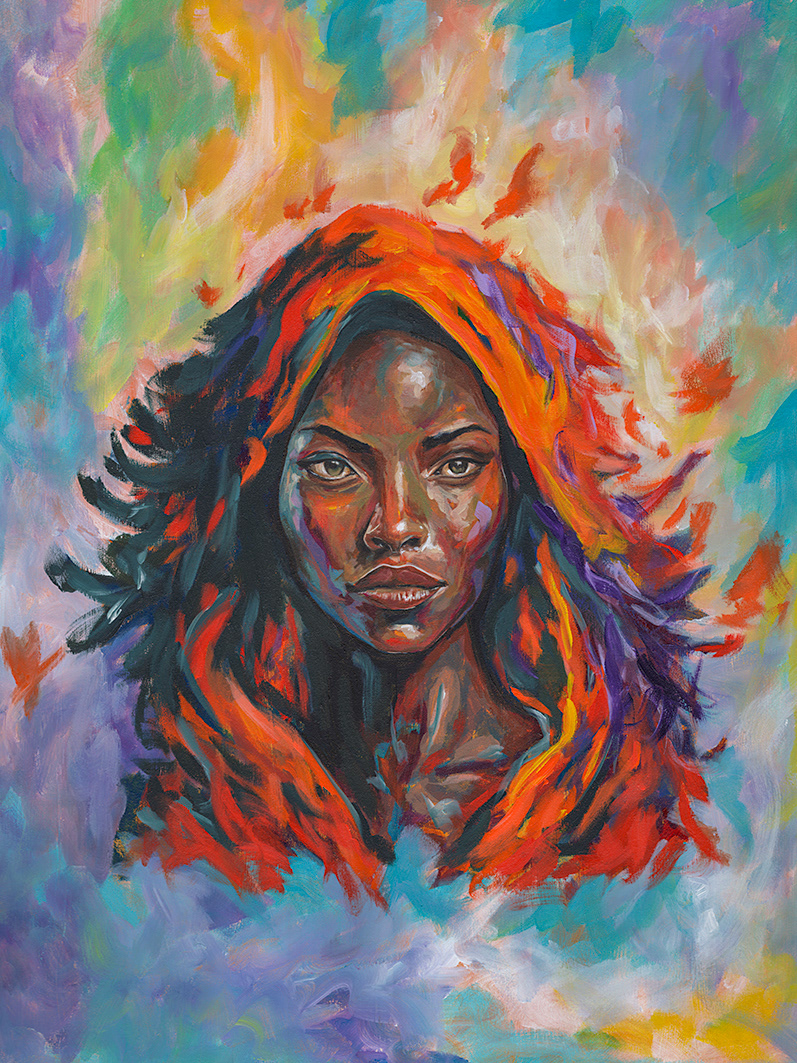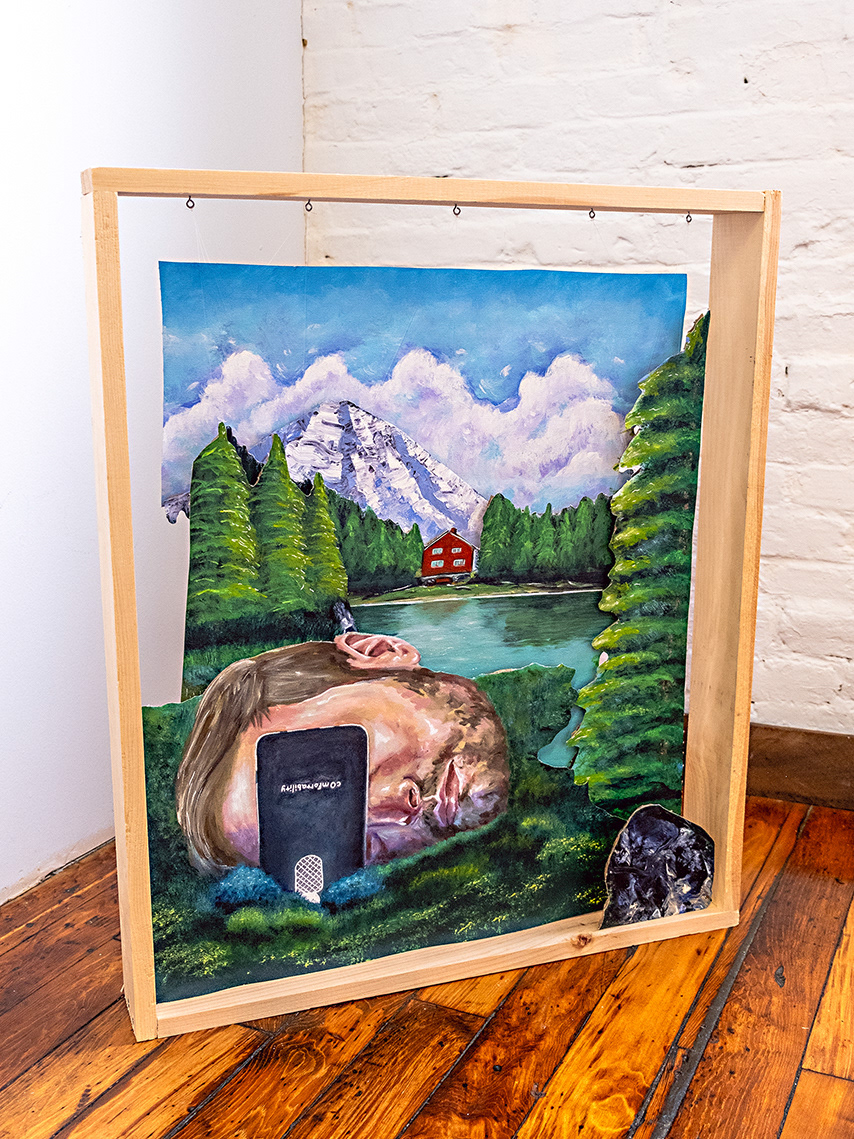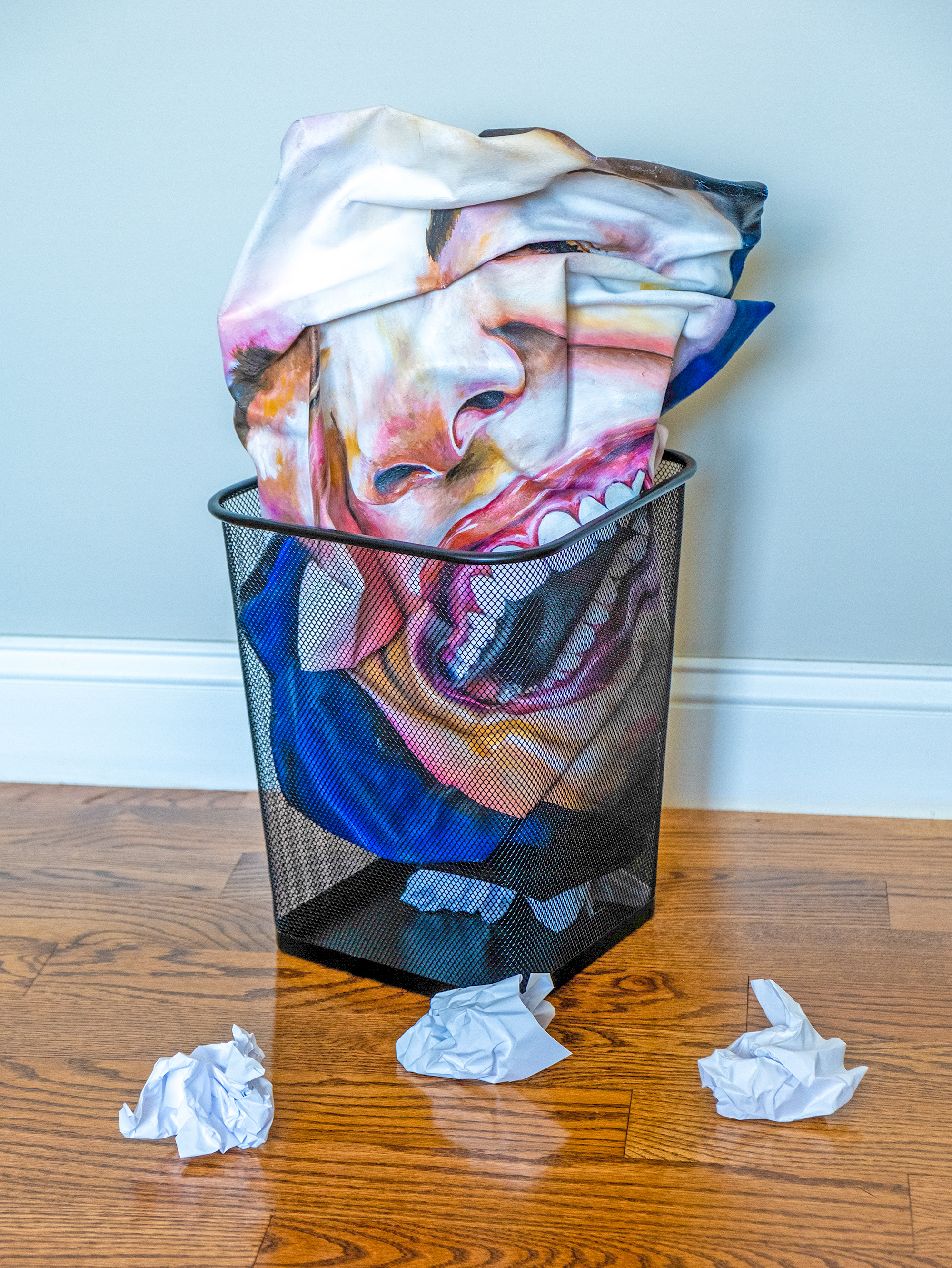Living in a capitalist society can create a sense of urgency to achieve goals, perpetuating a never-ending cycle of competition. This environment affects artists, whose work is often undervalued in a system that prioritizes economic productivity.
In a capitalist economy, private individuals own and control most resources used to produce goods and services, emphasizing personal freedom, private property rights, innovation, and profits. However, this system can hinder the progress of art and undervalue artists' contributions.
Artists working within a capitalist system may face challenges such as low wages and exploitation. Despite these obstacles, some artists choose to engage critically with their identity under capitalism and seek alternative forms of activism and organizing. Ultimately, the impact of capitalism on art raises important questions about the value of art in a society driven by economic productivity, challenging artists to navigate the balance between working within the constraints of capitalism and staying true to their creative motivations.
Art's primary function, according to certain traditions of thinking, is to criticize capitalist society. However, there is little consensus on what exactly should be criticized and how.
Some argue that art should primarily attack ways in which capital manages to expand into new forms of commodification, while others believe that artworks should be critical of the alienating effects produced by capitalist society in work and elsewhere.
The artistic critique of capitalism denounces it as a source of disenchantment, inauthenticity, and oppression. As artists increasingly turn toward anti-capitalist criticism, often openly excoriating the conditions of financialization and overvaluation dominant in the contemporary art world, it remains an open question whether art has the capacity to resist its own commodification and capitalism at large.
